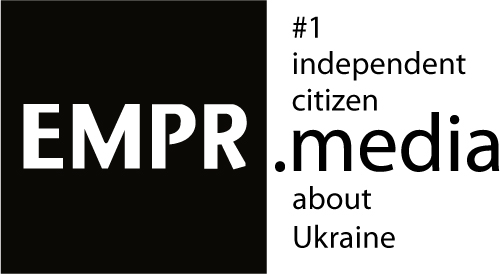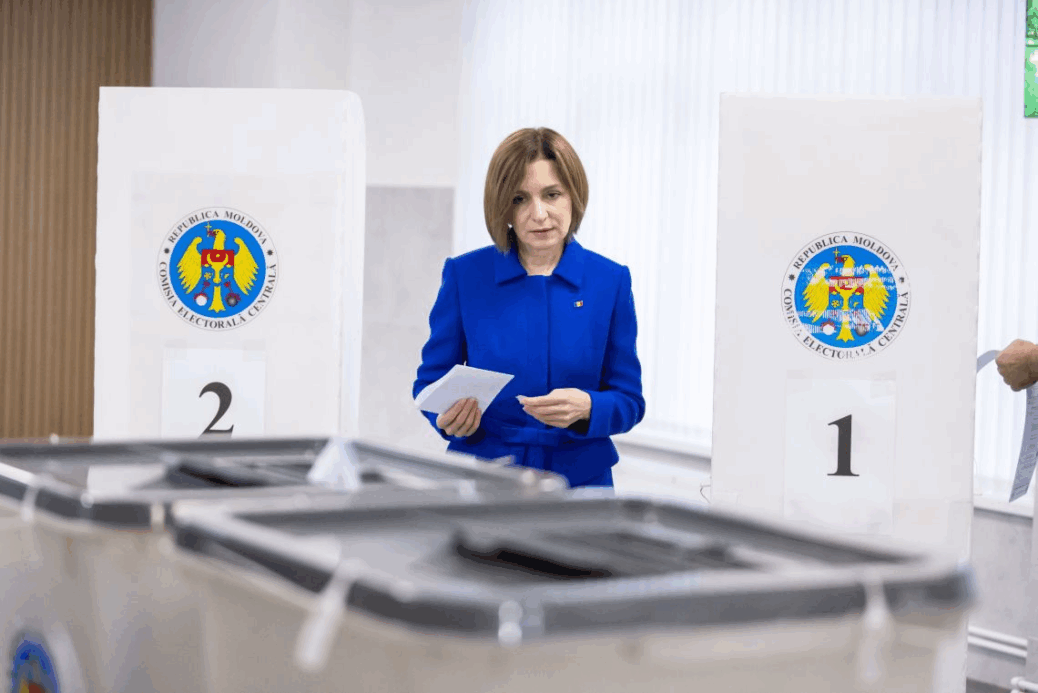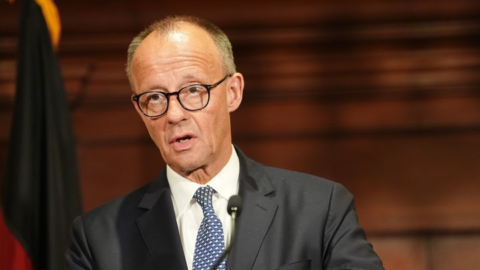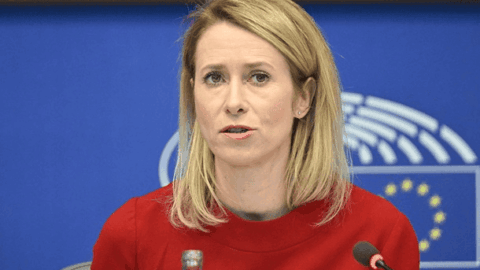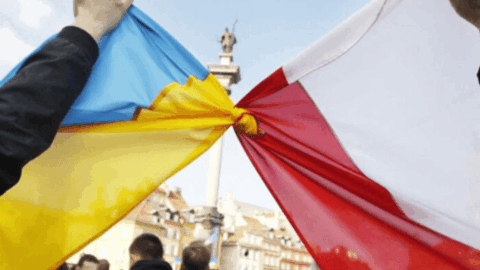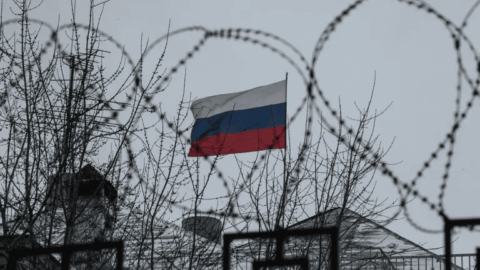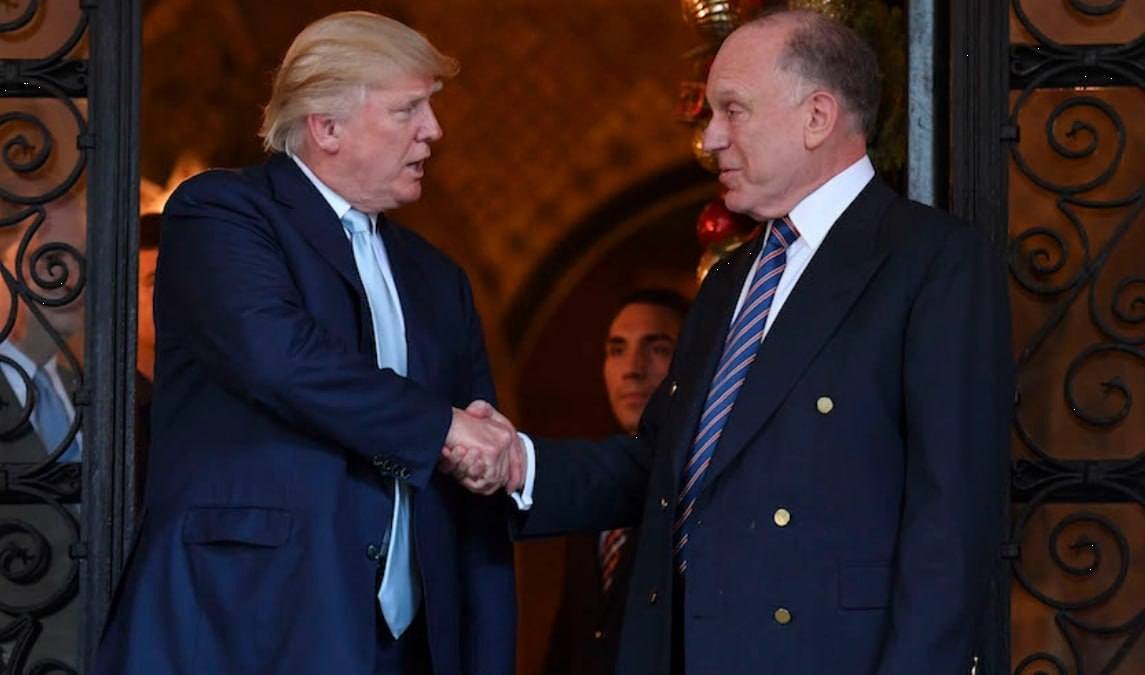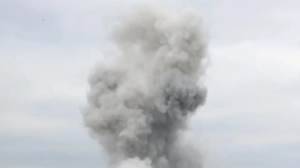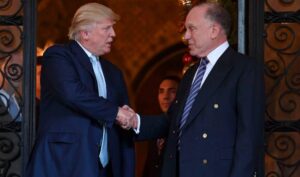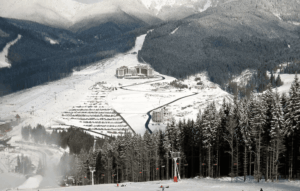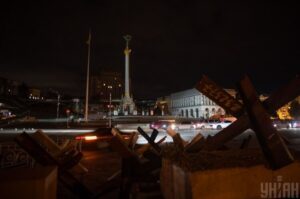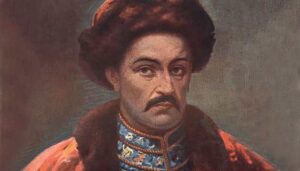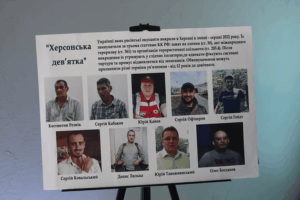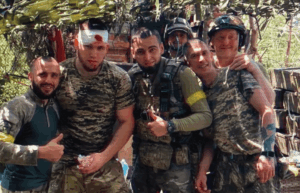The Party of Action and Solidarity (PAS) of Moldova’s current president, Maia Sandu, won the parliamentary elections in the country on September 28, 2025.
According to data from the Moldovan Central Election Commission based on the processing of 99.91% of the votes. This was reported by Babel.ua.
Sandu’s party received 50.16% of the votes, which will allow it to hold a majority in parliament.
The opposition “Patriotic Electoral Bloc,” one of whose leaders is former pro-Russian president Igor Dodon, came in second with 24.31% of the votes.
Also entering parliament are the pro-European party bloc “Alternative” (7.97%), Renato Usatii’s Our Party (6.20%), and “Democracy at Home” (5.62%).
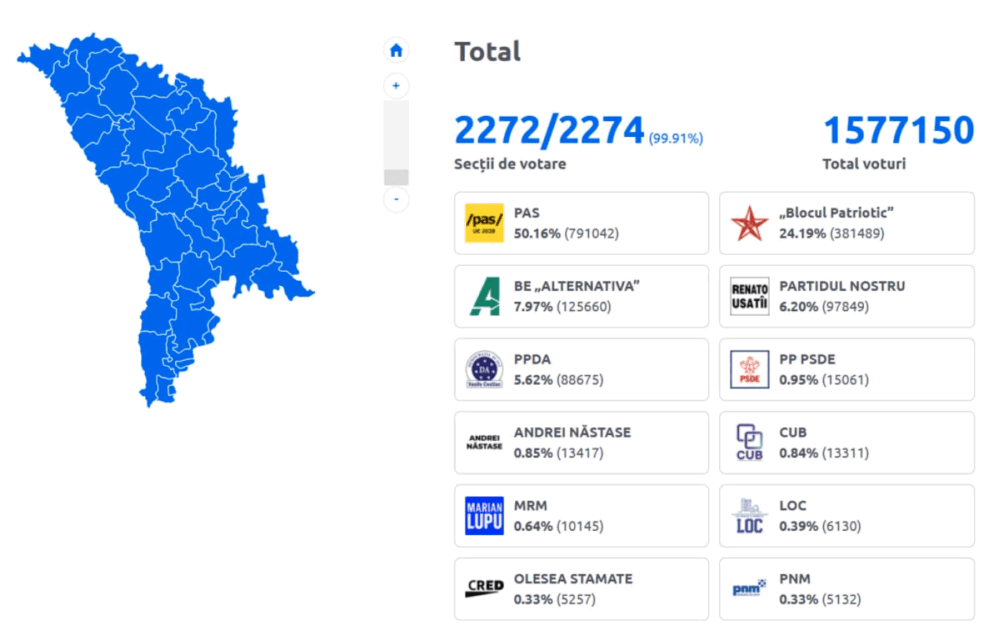
In total, more than 1.5 million Moldovans voted in the elections, with a turnout of about 52%.
Russian interference in the elections
On July 30, Moldova’s President Maia Sandu stated that Russia was preparing unprecedented interference in Moldova’s parliamentary elections scheduled for September.
Sandu reported that the Kremlin is investing in several political projects to get its people into the next parliament. All these projects are coordinated from a single center and are largely financed through schemes linked to Ilan Shor — the leader of the pro-Russian Shor party, who is suspected of attempting a coup. According to Sandu, Russia is specifically trying to bribe voters. Around €100 million is planned to be directed solely through cryptocurrency.
On September 22, Bloomberg also reported that Russia had developed a plan to interfere in Moldova’s parliamentary elections. Its goal was to weaken the chances of the pro-European Action and Solidarity Party of President Maia Sandu in the September 28 elections and ultimately to remove her from power.
During voting, several overseas polling stations reported bomb threats — including in Brussels, Rome, Genoa, Bucharest, Asheville, and Alicante. The country’s Ministry of Foreign Affairs noted that this occurred as part of Moscow’s interference in the voting process.
Later, Moldova’s presidential advisor on national security, Stanislav Secrieru, stated that Russia is intensifying efforts to influence Moldovan citizens living across Europe in an attempt to interfere in the country’s parliamentary elections scheduled for September 28, 2025.
In particular, he pointed to the renewed activity of the “Matryoshka” network, which is supported by the Kremlin. Its goal is to create fake media and use it to spread false information.
On August 15, Moldova’s President Maia Sandu stated that the Moldovan diaspora is facing “unprecedented” pressure from “hostile forces” ahead of the parliamentary elections.
The President called on citizens abroad to be vigilant, united, and to protect sovereignty, democracy, freedom, and the “European choice” “as never before in the country’s history.”
The leader of the Socialists and former president Igor Dodon claimed “fraud” and accused the authorities of acting “under Western instructions.”
He also called on supporters of the “Patriotic Bloc” to take to the streets in Chișinău, insisting that the bloc had supposedly “won the elections.”
The country’s authorities have warned of the risk of unrest in the coming days.
It is worth noting that yesterday Moldova experienced a large-scale cyberattack, which caused around 4,000 websites to go offline.
According to the country’s Prime Minister Dorin Recean, the main target of the hackers was the website of the Central Election Commission, as well as several overseas polling stations.
Residents of the unrecognized region of Transnistria reported traffic jams on bridges over the Dniester River from early morning, which made access to polling stations difficult. This year, there were even fewer polling stations than usual — 15 instead of 30 — and some of them were relocated at the last moment further from the border with Transnistria “for security reasons.”
Sandu, who had spoken before the elections about an unprecedented pro-Russian disinformation campaign, reported cases of organized “transportation” of voters to polling stations — which is prohibited by law. The Moldovan police stated that similar cases were recorded in Belarus, where voters were brought from Russia.
Tags: EMPR.media Europe choice European integration moldova national elections PAS pro‑EU victory